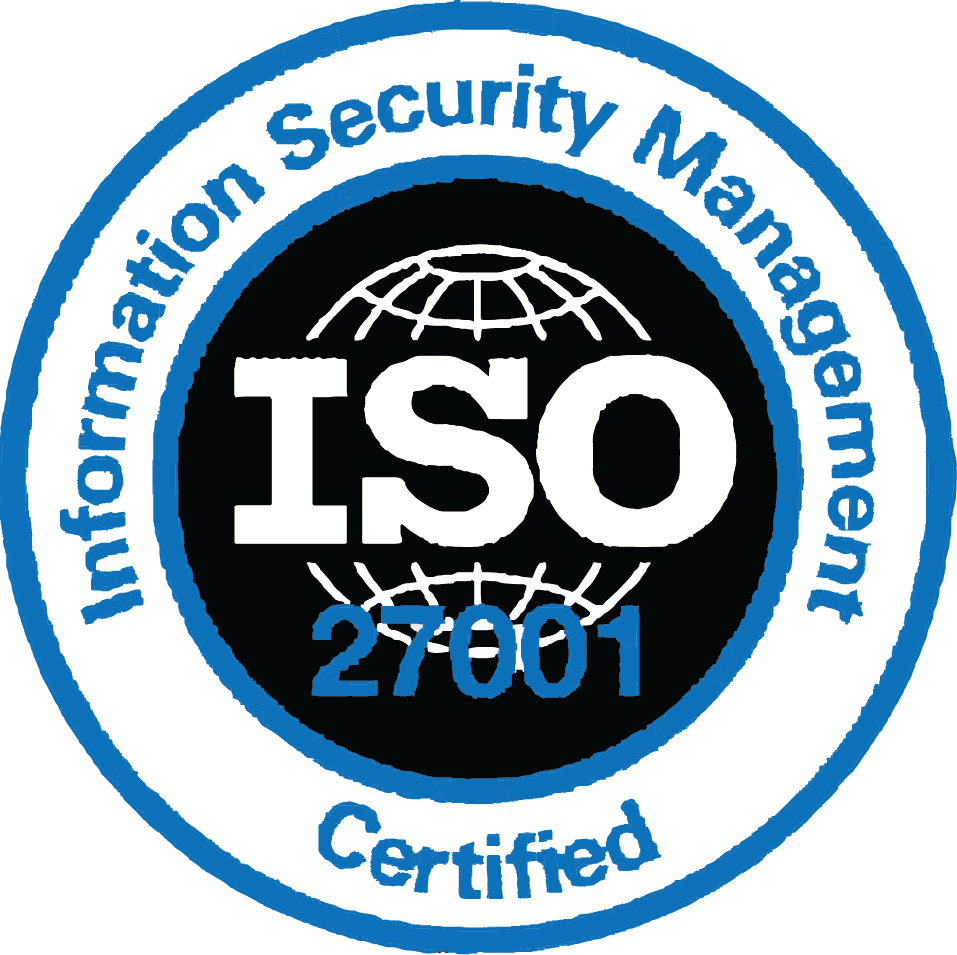In the fast-evolving digital landscape, effective data management and migration have become integral components for organizations seeking to thrive in the information age. Let’s explore the fundamentals of data management, highlighting its importance and providing real-world examples. Additionally, we will delve into data migration, shedding light on cloud migration tools and strategies to transfer data across platforms seamlessly.
Understanding Data Management
In data management, organizations navigate the intricate landscape of collecting, storing, and securing information to harness its potential as a strategic asset. This systematic process involves practices and technologies aimed at ensuring the reliability, accessibility, and relevance of data. Effective data management is essential for informed decision-making, maintaining data quality to build trust, and complying with regulatory standards. Real-world examples, such as Customer Relationship Management (CRM) systems and Master Data Management (MDM), underscore how businesses can optimize their operations by implementing robust data management practices, transforming raw data into actionable insights that drive success in today’s data-driven world.
Importance of Data Management
Enhancing Decision-Making
Strategic data management plays a pivotal role in enhancing decision-making processes within organizations. Businesses can ensure that key stakeholders can access accurate, up-to-date, and relevant information by establishing a robust framework for collecting, organizing, and analyzing data. This timely and reliable data empowers decision-makers to make informed choices, respond swiftly to market changes, and capitalize on emerging opportunities. The integration of strategic data management principles thus becomes a cornerstone for executives and managers seeking to navigate the difficulties of a dynamic business environment with confidence and foresight.
Ensuring Data Quality
Maintaining the quality of data is a fundamental aspect of effective data management. It involves implementing measures to prevent errors and inconsistencies in data, ensuring that the information is trustworthy and accurate. Data quality is crucial as it directly affects the reliability of decisions based on that data. Inaccurate data can drive to misguided conclusions and poor strategic choices. Therefore, organizations invest in data quality management practices, including data cleansing, validation, and normalization, to foster a culture of trust in the information available. Businesses can confidently rely on their data for critical decision-making processes by upholding high data quality standards.
Regulatory Compliance
Adhering to data management best practices is a matter of operational efficiency and a critical component for regulatory compliance. In an era where data privacy and security are important, organizations must implement robust data management processes to safeguard sensitive information and adhere to legal requirements. Unsuccess to comply with regulations can result in severe consequences, including financial charges and damage to the organization’s reputation. By integrating regulatory compliance into their data management strategies, businesses are committed to responsible and ethical data handling, reinforcing trust with customers, partners, and regulatory authorities. This proactive approach mitigates legal risks and positions the organization as a reliable custodian of sensitive data in the eyes of stakeholders.
Examples of Effective Data Management
Customer Relationship Management (CRM)
Customer Relationship Management (CRM) systems are exemplary examples of effective data management, providing organizations with a centralized platform to streamline customer-related data. By integrating customer information, such as contact details, purchase history, and preferences, CRM systems empower businesses to understand their customers comprehensively. This holistic view facilitates personalized communication, targeted marketing efforts, and improved customer interactions. With the ability to track and analyze client interactions across various touchpoints, organizations can enhance customer satisfaction, loyalty, and retention. CRM systems optimize internal processes and contribute to a seamless and personalized customer experience, aligning business strategies with customer expectations in a data-driven manner.
Master Data Management (MDM)
Master Data Management (MDM) is a crucial tool that ensures the consistency and accuracy of critical data across an entire organization. In complex business environments with diverse systems and applications, data silos can emerge, leading to inconsistencies and inefficiencies. MDM addresses this challenge by establishing a centralized, authoritative source for master data – essential information such as customer details, product information, and employee records. By creating a unified and standardized version of this data, MDM eliminates redundancies and discrepancies, enabling organizations to make decisions based on a single, reliable source of truth. This enhances data quality and promotes cross-departmental collaboration and agility, as all facets of the organization operate with a harmonized understanding of essential data elements. MDM is a cornerstone for achieving a unified and accurate data landscape across diverse business units and systems.
Demystifying data migration
Demystifying data migration is critical to navigating the evolving digital landscape as organizations increasingly seek to transfer their data seamlessly across platforms. Data migration involves the complex process of moving data from one system or storage infrastructure to another. It requires meticulous planning, execution, and optimization to minimize downtime, ensure data integrity, and unlock the full potential of new environments, particularly cloud platforms. Effective data migration strategies encompass planning and assessment to understand the existing data landscape, robust validation and testing processes to ensure data accuracy during migration, and post-migration optimization to enhance performance in the new environment. Demystifying this intricate process is crucial for organizations aiming to leverage the benefits of modern technologies while mitigating potential data transfer challenges.
Cloud Migration Tools
AWS Database Migration Service
Amazon Web Services (AWS) Database Migration Service is a comprehensive tool that facilitates the seamless migration of databases to and from the cloud. This service supports various database engines, enabling organizations to smoothly transition their data to AWS, whether from on-premises systems or other cloud providers. The tool minimizes downtime during migration, offers continuous data replication, and ensures data integrity. With features like schema conversion and real-time data streaming, AWS Database Migration Service empowers businesses to move their databases efficiently and securely, harnessing the scalability and reliability of AWS cloud infrastructure for enhanced performance and flexibility.
Google Cloud's Data Transfer Service
Google Cloud’s Data Transfer Service is a robust solution designed to simplify the often intricate process of transferring data between on-premises environments and the cloud. This service streamlines data transfers, allowing organizations to move large volumes of data to and from the Google Cloud Platform efficiently. With its user-friendly interface and optimized data transfer protocols, Google Cloud’s Data Transfer Service enhances the overall efficiency of data migration projects. It provides a seamless and secure pathway for businesses to embrace the advantages of cloud computing, enabling them to leverage the scalability and advanced services offered by Google Cloud for improved agility and innovation.
Microsoft Azure Database Migration Service
Microsoft Azure Database Migration Service is a formidable tool within the Azure ecosystem, offering organizations a reliable mechanism for migrating databases to the Azure cloud. This service supports various database platforms, facilitating a smooth transition to Azure while minimizing disruptions. Azure Database Migration Service simplifies the migration process through schema and data transfer features, ensuring data consistency and accuracy. With its compatibility with on-premises and other cloud databases, this tool empowers organizations to capitalize on the capabilities of Microsoft’s cloud infrastructure. By leveraging Azure Database Migration Service, businesses can seamlessly integrate their databases with Azure, unlocking new possibilities for scalability, security, and data-driven insights within the Microsoft Cloud environment.
Strategies for Successful Data Migration
Planning and Assessment
The success of a data migration project hinges on a meticulous planning and assessment phase. Understanding the existing data landscape thoroughly involves identifying data sources, dependencies, and potential challenges. This includes assessing the volume, complexity, and interdependencies of the data to be migrated. A detailed migration plan, developed based on this assessment, outlines the step-by-step process, timelines, and resource requirements. This planning phase serves as a roadmap, guiding the organization through the migration journey, minimizing risks, and ensuring the entire process aligns with broader business objectives. A well-crafted plan is foundational for a smooth and successful data migration.
Data Validation and Testing
Robust data validation and testing processes are imperative to guarantee data integrity throughout migration. This involves verifying data is accurately transferred and maintaining its quality and consistency. Implementing comprehensive testing protocols helps identify and rectify any discrepancies or errors that may arise during migration. Validation checks preserve data relationships, dependencies, and business rules. Rigorous testing mitigates the risk of data corruption and ensures that the migrated data aligns with the organization’s data quality standards. By investing in meticulous data validation and testing, organizations can instil confidence in the reliability of their data, facilitating smooth operations in the post-migration environment.
Post-Migration Optimization
Post-migration optimization is a critical phase focusing on fine-tuning the migrated data to maximize performance in the new environment. This involves optimizing database configurations, indexes, and other settings to ensure optimal efficiency. Organizations may leverage performance monitoring tools to find and address any bottlenecks or areas for improvement. Post-migration optimization is not only about addressing immediate performance concerns but also about aligning the migrated data with the specific features and capabilities of the new environment, such as cloud services. By fine-tuning and optimizing the data post-migration, organizations can completely capitalize on the advantages of the new infrastructure, ensuring sustained efficiency and responsiveness in the long run.
Conclusion
Effective data management, illustrated by examples like CRM and MDM, is crucial for informed decision-making, trust, and regulatory compliance. Demystifying data migration, exemplified by tools such as AWS Database Migration Service, Google Cloud’s Data Transfer Service, and Microsoft Azure Database Migration Service, highlights the means to navigate transitions seamlessly. Strategies like thorough planning, robust testing, and post-migration optimization are essential for successful data migration. Together, these principles empower organizations to harness the full potential of their data, ensuring a seamless transition to new environments and positioning them for success in the data-driven landscape.
In digital transformation and technology optimization, VE3 Services emerges as a global leader with robust capabilities. Intending to deliver innovative digital solutions, we align with the core principles discussed in the above blog. Our expertise in cloud technologies, including AWS, Azure, and GCP, resonates with the importance of effective data management and migration. Our commitment to digital transformation, AI, and blockchain mirrors the strategies for successful data migration. We are reliable partner for businesses seeking to thrive in the data-driven era by providing comprehensive services in value proposition, technology optimization, and product engineering. With a track record of solving technology challenges and enabling clients to harness the full potential of their data, we stand as a key player in facilitating seamless transitions, enhancing decision-making, and ensuring data integrity. To know more, explore our innovative digital solutions or contact us directly.


















